Unclogging blood flow to the brain could open the floodgates for Alzheimer's treatment

Cognitive impairment and a build-up of abnormal proteins in the brain are better known tell-tale signs of Alzheimer's disease, but other clues may reveal its presence earlier in the piece. Among those is a reduced blood flow to the brain, and scientists from Cornell University believe they have now found an explanation for these blockages, raising new hopes for treatments that target one of the disease's potential root causes.

Cortical-blood vessel assembloids exhibit Alzheimer's disease phenotypes by activating glia after SARS-CoV-2 infection
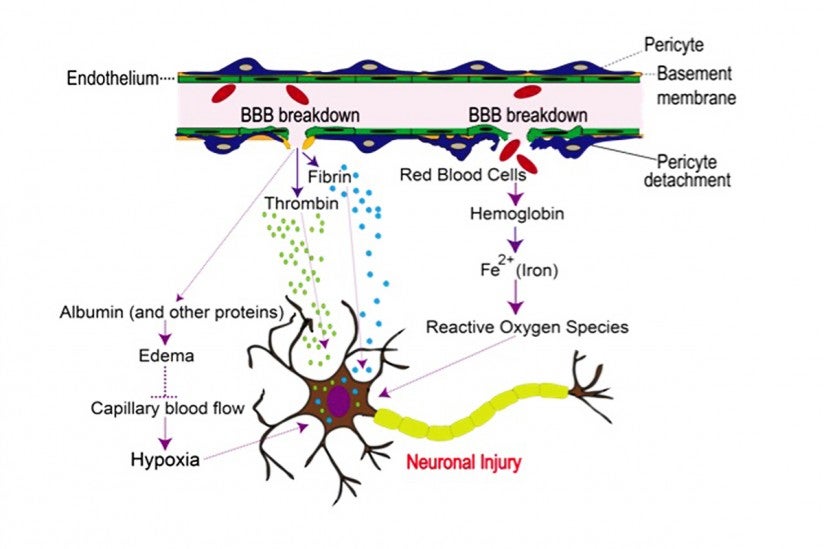
USC researcher targets blood-brain barrier in Alzheimer's study - USC Today
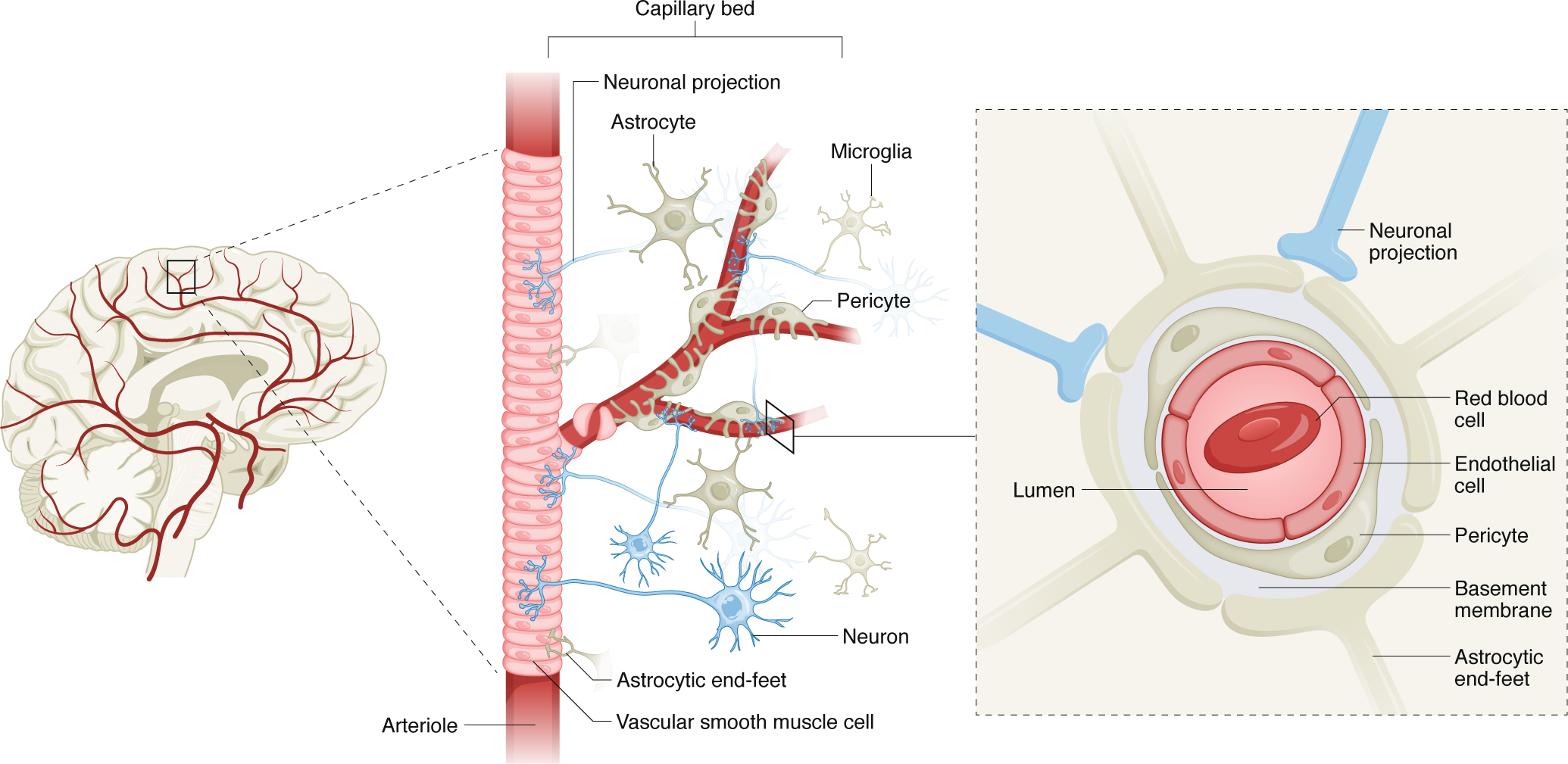
Blood–brain barrier link to human cognitive impairment and Alzheimer's disease

Pathophysiology of blood brain barrier dysfunction during chronic cerebral hypoperfusion in vascular cognitive impairment

Blood–brain barrier breakdown in Alzheimer disease and other neurodegenerative disorders
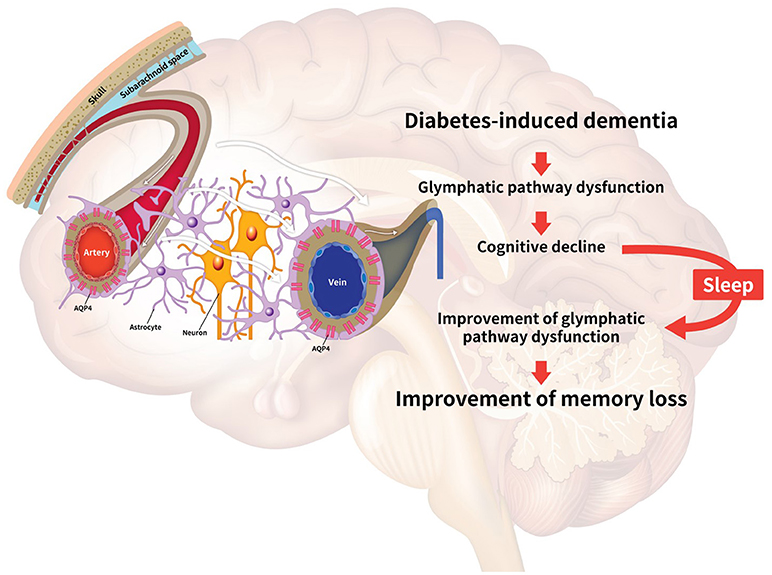
Frontiers The Glymphatic System in Diabetes-Induced Dementia
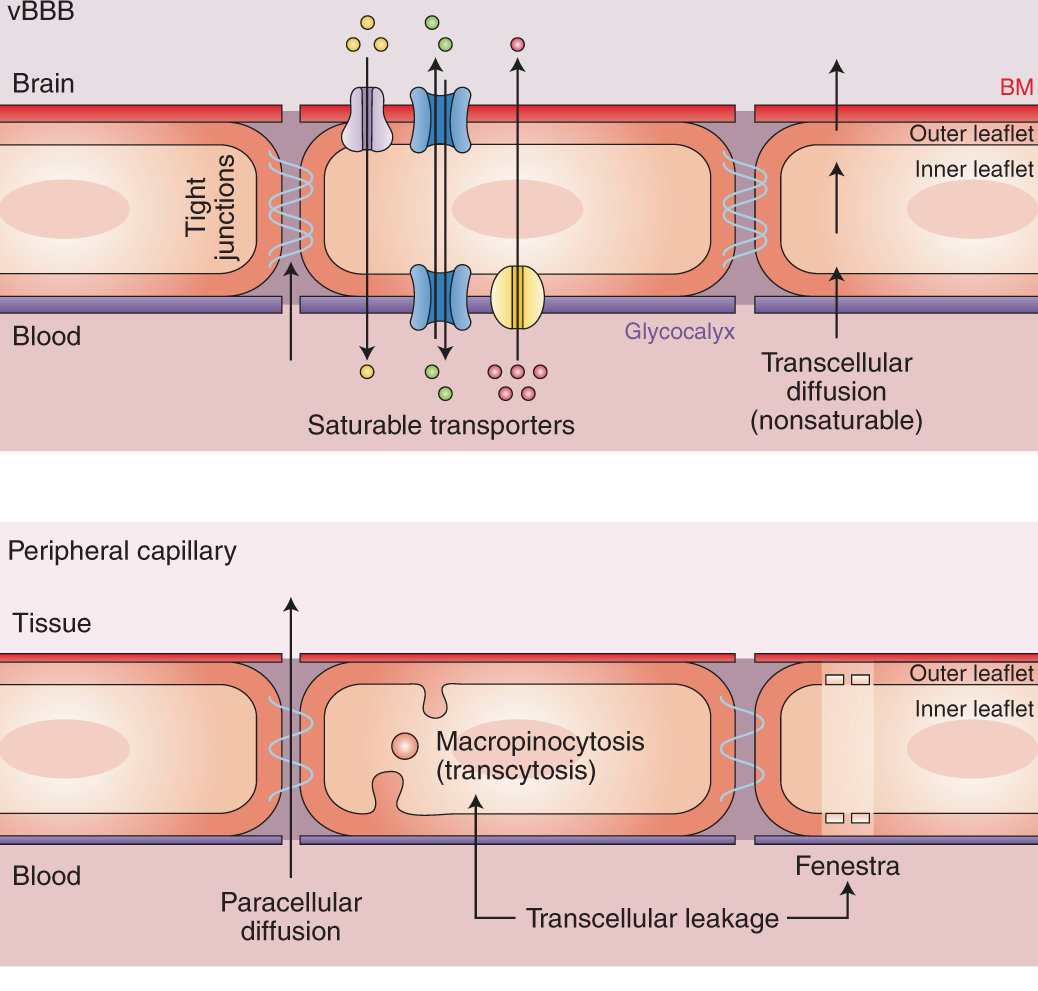
Healthy aging and the blood–brain barrier
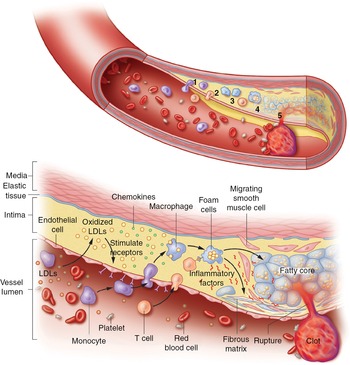
The Statins (Chapter 4) - Managing Discovery in the Life Sciences

Cerebral blood flow regulation and neurovascular dysfunction in Alzheimer disease